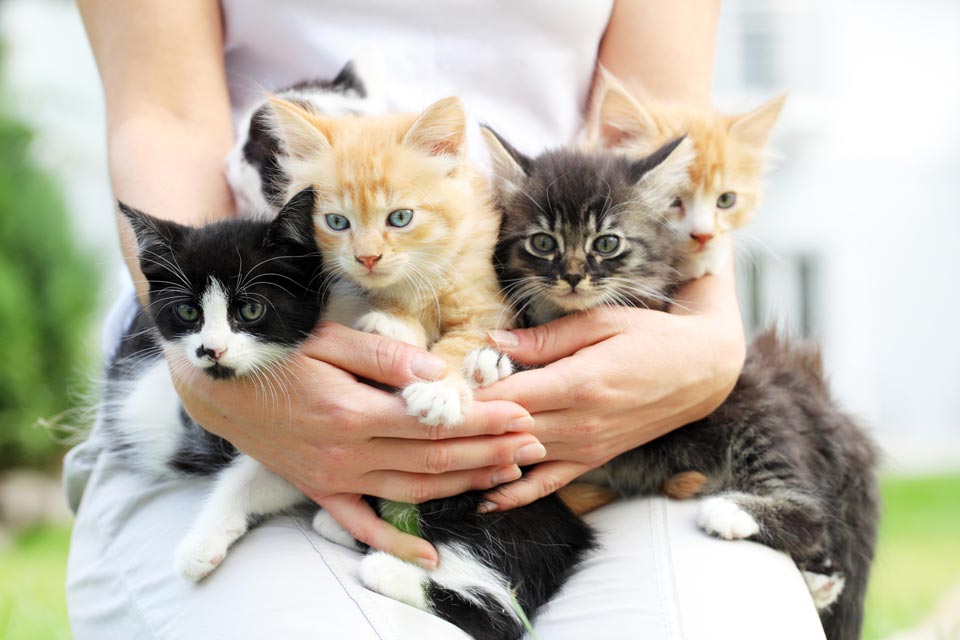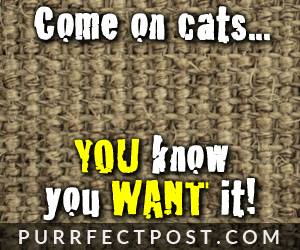Feline Taurine Deficiency

Taurine is an amino acid that's necessary for a cat's body to work correctly. However, unlike in dogs and people, cats can't make their own taurine out of other amino acids. That makes taurine an essential amino acid for cats. It must be provided at proper levels in their diets.
What Does Taurine Do?
In cats, taurine is necessary for healthy vision, proper GI function, good heart health, and normal pregnancies. It also plays a crucial role in a functioning immune system.
So, as you can see, taurine deficiency can have disastrous effects on a cat's health.
Where Does Taurine Come From?
Taurine is present in animal-based proteins. Cats must have meat to survive. In the wild, a cat's regular diet of rodents provides all the taurine they need. But indoor cats fed by humans can become deficient in taurine if they're fed vegan or vegetarian diets or homemade diets without enough animal protein.
What Are the Signs of Taurine Deficiency in Cats?
When cats don't get enough taurine, they might exhibit the following signs, though it takes a while on an improper diet before they show up:
- Impaired vision
- Dilated cardiomyopathy, or dangerously weakened heart muscle that can lead to signs of heart failure
- In a mother cat, small or dead kittens or some with physical abnormalities
- GI problems like vomiting and diarrhea
What Causes Taurine Deficiency in Cats?
As mentioned above, feeding a cat a vegan or vegetarian diet or an improperly balanced homemade diet can lead to taurine deficiency. Feeding dog food (or having a cat that eats a canine housemate's food and neglects her own) can cause a taurine deficiency.
Certain medical conditions can lead to decreased absorption of taurine, and that means some cats can develop taurine deficiency even when fed a proper diet, but that is rare.
Treatment of Feline Taurine Deficiency
If a taurine deficiency is diagnosed, a veterinarian may prescribe supplementation and diet change. However, damage that has already been done to the heart and retinas can't be reversed, and since it takes so long for taurine deficiency signs to appear, permanent damage has usually already been done.
Supplementation with taurine may be recommended if a veterinarian suspects a medical condition or poor diet that might eventually result in a taurine deficiency. Other than occasional GI upset, no side effects of taurine supplementation have been reported. If you are concerned about your cat's diet, talk with your veterinarian about a taurine supplement.
You May Also Like These Articles:
Avoid These Dangers of Homemade Cat Treats
Tips for Getting a Picky Cat to Eat Well
Can Cats Be Vegetarians or Vegans?
Wet Food vs. Dry Food For Cats
Notice: Ask-a-Vet is an affiliated service for those who wish to speak with a veterinary professional about their pet's specific condition. Initially, a bot will ask questions to determine the general nature of your concern. Then, you will be transferred to a human. There is a charge for the service if you choose to connect to a veterinarian. Ask-a-Vet is not manned by the staff or owners of CatHealth.com, and the advice given should not delay or replace a visit to your veterinarian.




